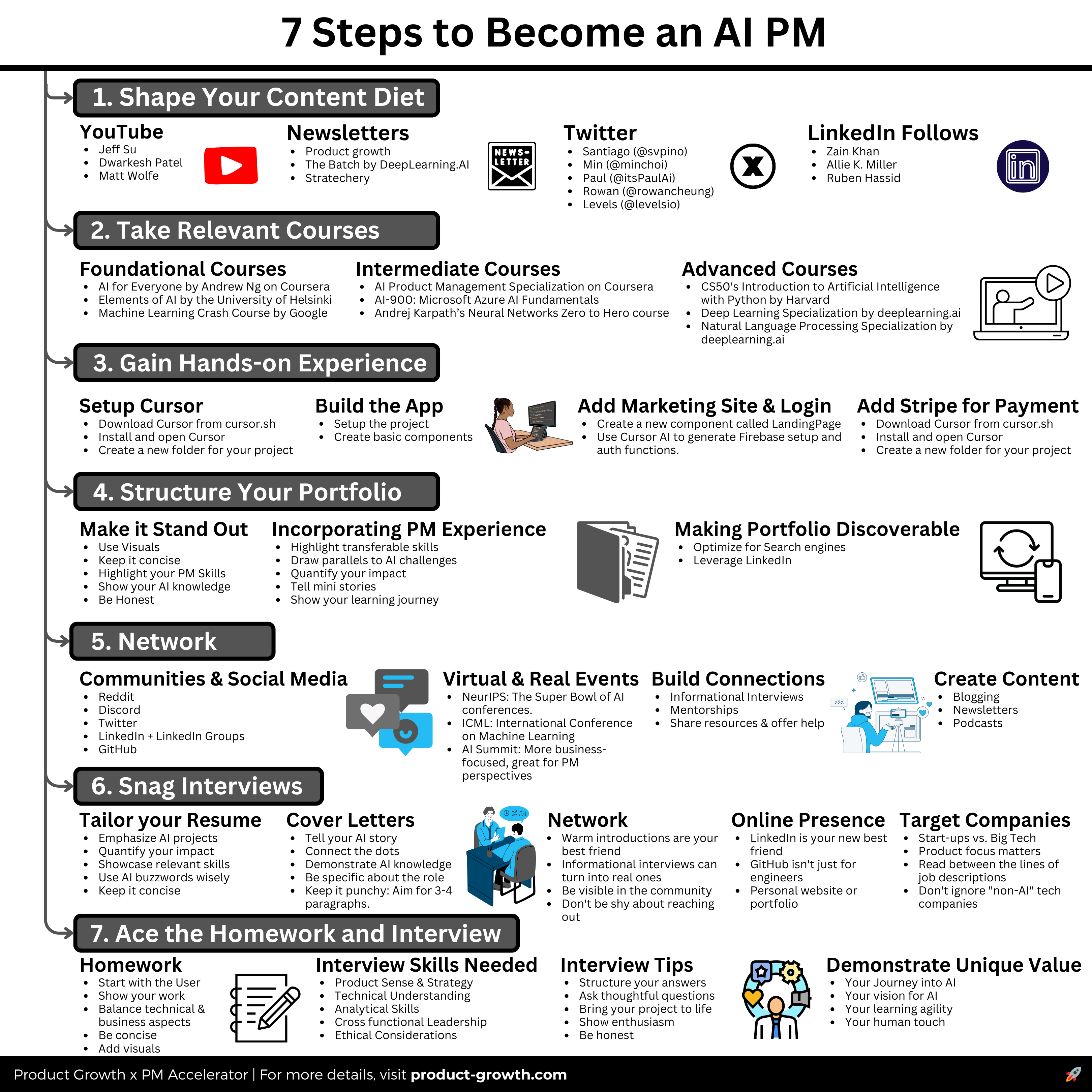
How to Become a New Manager Course: Unlock Leadership Skills
You just got promoted to manager. Congratulations!
But now what? The transition from team member to team leader can be daunting. You might feel a mix of excitement and anxiety as you step into your new role. You’re not alone. Many new managers find themselves in the same boat, eager to succeed yet unsure of where to start.
Imagine feeling confident, equipped with the skills you need to lead your team effectively. This is where a “How to Become a New Manager” course comes into play. It’s not just about learning management theories; it’s about transforming the way you think and act. This course can be your secret weapon, helping you master the art of leadership with ease and grace. Curious to find out more? Keep reading to discover how this course can turn you into the manager you’ve always wanted to be.

Transitioning To Management
Transitioning to a management role can be daunting. It means stepping up and taking on new challenges. A new manager course can guide you through this transition. It helps you adapt and thrive in your new role. This course prepares you to lead effectively and confidently. Let’s explore key aspects of this transition.
Embracing New Responsibilities
A management role comes with added responsibilities. You oversee teams, set goals, and ensure tasks are completed. Time management becomes crucial. You must balance various tasks efficiently. Prioritizing work helps in managing stress. A new manager course teaches these essential skills. You learn to organize and delegate work effectively. This ensures smooth operations and team success.
Adjusting To A Leadership Role
Becoming a leader requires a shift in mindset. You are no longer just a team member. Your actions set examples for others. Communication becomes vital. Clear instructions and feedback help your team perform well. Listening to team members fosters trust and respect. A good leader adapts to changes and resolves conflicts. A new manager course provides tools and techniques. It enhances your leadership skills. You learn to inspire and motivate your team effectively.

Essential Leadership Skills
Discover essential leadership skills in the “How to Become a New Manager Course. ” Gain insights into effective communication, team motivation, and problem-solving. Enhance your ability to lead with confidence and clarity.
As you embark on your journey to becoming a new manager, one of the most crucial aspects you will need to master is developing essential leadership skills. These skills are not just important; they are the foundation upon which successful management is built. Whether you’re leading a small team or a large department, your ability to communicate effectively, make strategic decisions, and inspire your team will determine your success as a manager.
Effective Communication Techniques
Effective communication is at the heart of great leadership. It’s not just about conveying information but also about understanding and being understood. Are you listening actively to your team members? Active listening involves paying full attention to the speaker, acknowledging their message, and responding thoughtfully. This creates an atmosphere of trust and respect. Consider regular team meetings where everyone has a chance to voice their opinions. This encourages open dialogue and ensures everyone is on the same page. Furthermore, when you communicate, clarity is key. Avoid jargon and keep your messages simple. Remember, your goal is to be understood, not to impress.
Decision-making Strategies
Decision-making can be one of the most daunting tasks for a new manager. The pressure to make the right choice can be immense. However, having a structured approach can ease this burden. Start by gathering all relevant information. The more informed you are, the better your decisions will be. Involve your team in the decision-making process. This not only provides diverse perspectives but also fosters a sense of ownership and accountability. Reflect on past decisions and their outcomes. What worked well? What could have been done differently? Learning from both successes and mistakes is invaluable. Finally, trust your instincts. While data and input are crucial, there will be times when you need to go with your gut. As you gain experience, your instincts will become more refined and reliable. By focusing on these essential leadership skills, you position yourself as a proactive and effective manager. How will you apply these insights to your management journey?
Building A Strong Team
Becoming a new manager is both exciting and challenging. One of the most crucial skills you’ll need is the ability to build a strong team. A well-formed team can make or break your success. It’s not just about assembling people who can do the job; it’s about creating a unit that works together seamlessly and complements each other’s strengths. Let’s dive into some practical steps you can take to build such a team.
Recruitment And Hiring Insights
Start by identifying what roles you need to fill. Consider the skills that are lacking in your current setup. Make a list of qualifications and attributes that are non-negotiable. This will serve as your guide during interviews.
Interviewing is more than asking questions. It’s about listening actively and observing how candidates react. Do they show enthusiasm? Are they problem-solvers? Look beyond resumes to find the hidden gems.
Reflect on your past experiences. Think about a time you hired someone who exceeded expectations. What was it about them that stood out? Use that knowledge to refine your hiring criteria.
Fostering Team Collaboration
Once you have your team, focus on collaboration. Encourage open communication and create a safe space for sharing ideas. This can lead to innovative solutions and strengthens team bonds.
Organize regular team meetings. Allow everyone to contribute and discuss progress. This keeps everyone aligned and engaged. It also helps spot potential issues before they become problems.
Ask yourself: How can you make each team member feel valued? Consider recognizing achievements publicly. This not only boosts morale but also motivates others to strive for excellence.
Building a strong team is an ongoing process. It requires dedication, insightful recruitment, and fostering collaboration. As a new manager, your ability to do this will set the tone for your leadership style and the success of your projects. Are you ready to take your team to the next level?
Managing Performance
Becoming a new manager can be both exciting and daunting. One of the key skills you’ll need to master is managing performance. It’s about guiding your team to success and ensuring everyone is on the same page. This requires clear communication, understanding individual strengths, and knowing how to give feedback that inspires growth. Let’s dive into these crucial aspects.
Setting Clear Expectations
Clarity is your best friend. As a manager, you need to make sure your team knows exactly what’s expected of them. This means outlining tasks and goals in simple terms. Avoid jargon that can confuse.
Use tools like checklists or project management apps to keep everyone aligned. When I first became a manager, I found that simple email summaries after meetings helped reinforce expectations.
Ask yourself, are your expectations achievable? Discuss them openly with your team. Encourage questions. This fosters a culture of transparency and trust.
Providing Constructive Feedback
Feedback should be a tool for development, not a moment of dread. Aim for a balance between positive reinforcement and areas for improvement. Start with what went well, then move on to what can be better.
Make feedback specific. Saying “good job” is nice, but highlighting a particular skill or effort shows genuine recognition. I remember a time when pointing out the effectiveness of a team member’s presentation style led to them taking on bigger projects.
Feedback is a two-way street. Encourage your team to share their thoughts on your management style. This shows you value their input and are committed to improving together.
Navigating Challenges
Taking on a new managerial role brings unique challenges. This course offers practical skills to handle team dynamics effectively. Learn to lead with confidence, communicate clearly, and build strong relationships.
Navigating the challenges of a new managerial role can be daunting. As a new manager, you face different hurdles. These require both skill and patience. Understanding these challenges is crucial. They shape your leadership journey. Let’s explore two key areas. Conflict resolution and adapting to change. Both are essential for effective management.
Conflict Resolution Tactics
Conflicts are inevitable in any workplace. They can arise from misunderstandings. Or differences in opinion. To handle conflicts, stay calm and listen. Understanding all perspectives is vital. Address issues with empathy. Encourage open dialogue. This helps resolve tensions. Maintain neutrality and focus on solutions. Avoid taking sides. This builds trust among team members.
Adapting To Change
Change is a constant in today’s world. Managers must adapt quickly. Embrace new ideas and technologies. This keeps your team competitive. Encourage flexibility and resilience. Prepare your team for transitions. Communicate changes clearly. Provide support during adjustments. This helps ease the process. Being open to change sets a positive example. It inspires your team to do the same.
Personal Development
Transitioning into a managerial role is a significant milestone. It’s an opportunity to not only guide a team but also to grow personally. The journey of personal development is crucial for new managers, helping you to build resilience and adaptability in the face of new challenges.
Continuous Learning Opportunities
Embrace learning as a lifelong journey. Seek out resources like books, podcasts, and online courses that focus on leadership skills and management strategies.
Consider joining a local or online community of managers to exchange ideas and experiences. During my initial days as a manager, a peer group was invaluable for sharing insights and gaining different perspectives.
Reflect on what you learn and apply it in your daily work. What new technique can you try in your next team meeting? The real learning happens when theory meets practice.
Balancing Work And Personal Life
Managing a team can be demanding, but it shouldn’t mean sacrificing your personal life. Set boundaries to ensure you have time for yourself and your loved ones.
Plan your day and prioritize tasks, both professional and personal. A simple to-do list can be a powerful tool to keep track of commitments and prevent burnout.
Remember, it’s okay to say no sometimes. Are you overcommitting at work? Balancing obligations is key to maintaining your wellbeing and effectiveness as a manager.
Leveraging Technology
In today’s digital age, leveraging technology is crucial for new managers. It helps streamline processes and improve communication within teams. Embracing technology can enhance productivity and efficiency. This section explores how new managers can harness technology effectively.
Utilizing Management Tools
Management tools simplify complex tasks. They offer features like task tracking and progress reports. Tools like Trello or Asana help organize projects efficiently. Communication tools like Slack enhance team interaction. They ensure everyone stays informed and engaged. These platforms integrate seamlessly into daily workflows. This makes task management easier for new managers.
Staying Updated With Trends
Technology evolves rapidly. Staying updated with trends is essential for new managers. It helps identify new tools that can improve team performance. Reading industry blogs or attending webinars can be insightful. They provide information on emerging technologies. Understanding trends keeps managers ahead in their field. It ensures they can adapt to changes effectively.

Frequently Asked Questions
What Skills Are Crucial For New Managers?
New managers need strong communication, leadership, and decision-making skills. Effective time management and problem-solving abilities are also essential. Understanding team dynamics and fostering a positive work environment can significantly enhance managerial success. Continuous learning and adaptability are crucial in navigating the challenges of a managerial role.
How Can New Managers Gain Confidence?
New managers can gain confidence through training and practical experience. Seeking mentorship from experienced leaders can provide valuable insights. Setting clear goals and celebrating small wins helps build self-assurance. Continuous learning and feedback from peers and team members also contribute to growing confidence.
Why Is A New Manager Course Important?
A new manager course provides essential skills and knowledge for effective leadership. It helps in understanding team dynamics and improving communication. The course also covers critical decision-making and problem-solving strategies. Overall, it builds a solid foundation for aspiring managers to succeed in their roles.
How Can New Managers Improve Communication?
New managers can improve communication by actively listening to their team. Encouraging open dialogue and providing clear instructions is essential. Regular feedback sessions can enhance mutual understanding. Utilizing various communication tools and adapting to team preferences also facilitates better communication.
Conclusion
Becoming a new manager is a rewarding journey. This course equips you with essential skills. You learn to lead and inspire your team effectively. Understanding team dynamics boosts your confidence. Good communication is key to success. With practice, you improve decision-making.
Challenges become opportunities for growth. Building strong relationships fosters trust. Your leadership style shapes the workplace culture. Remember, learning never stops. Keep seeking knowledge and feedback. Embrace your role with enthusiasm and commitment. Enjoy the path to becoming a successful manager.





